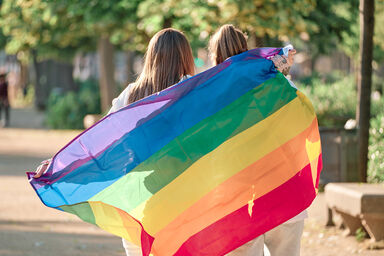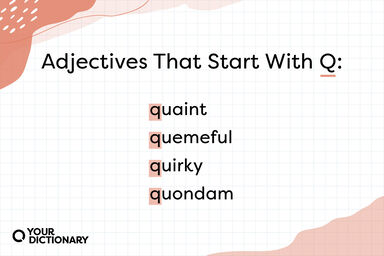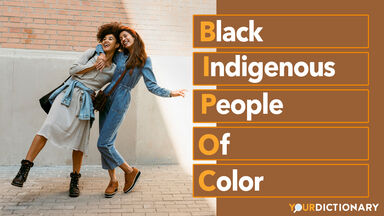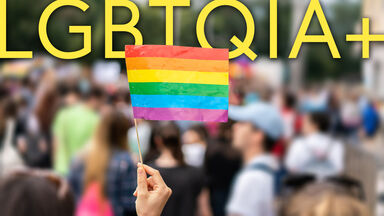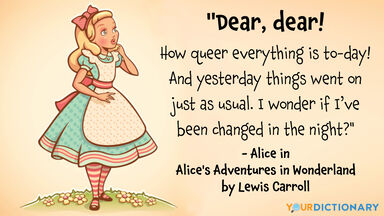Queer Definition
To render an endeavor or agreement ineffective or null.
To reevaluate or reinterpret a work with an eye to sexual orientation and/or to gender, as by applying queer theory.
- to have a strong liking for; be obsessed with
Other Word Forms of Queer
Noun
Adjective
Idioms, Phrasal Verbs Related to Queer
- be queer for
Origin of Queer
-
From Scots, perhaps from Middle Low German (Brunswick dialect) queer (“oblique, off-center"), related to German quer (“diagonally"), from Old High German twerh (“oblique"), from Proto-Indo-European *twerk- (“to turn, twist, wind"). Related to thwart.
From Wiktionary
-
Perhaps from Low German oblique, off-center from Middle Low German dwer terkw- in Indo-European roots
From American Heritage Dictionary of the English Language, 5th Edition
Related Articles
Queer Is Also Mentioned In
Find Similar Words
Find similar words to queer using the buttons below.
